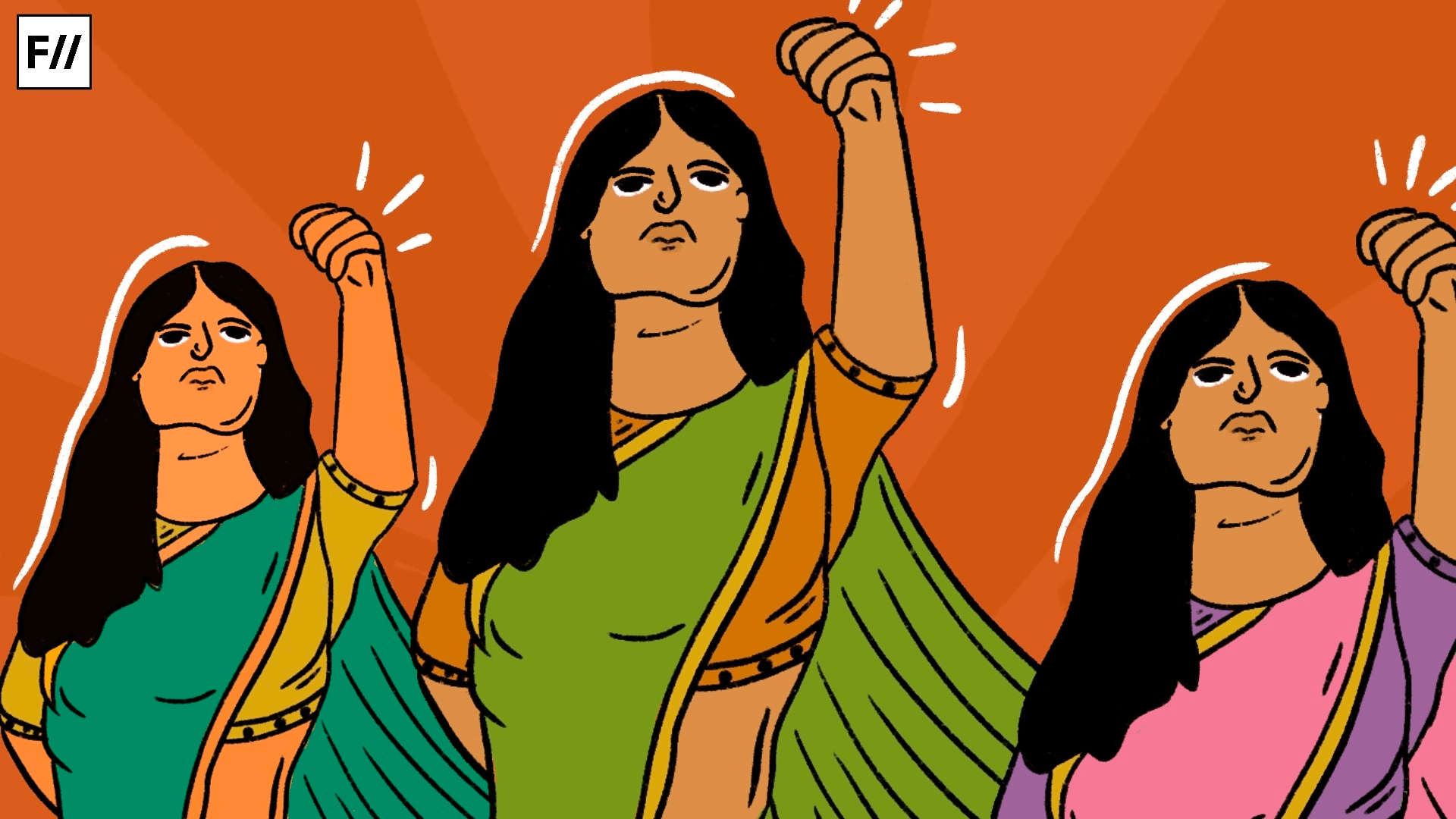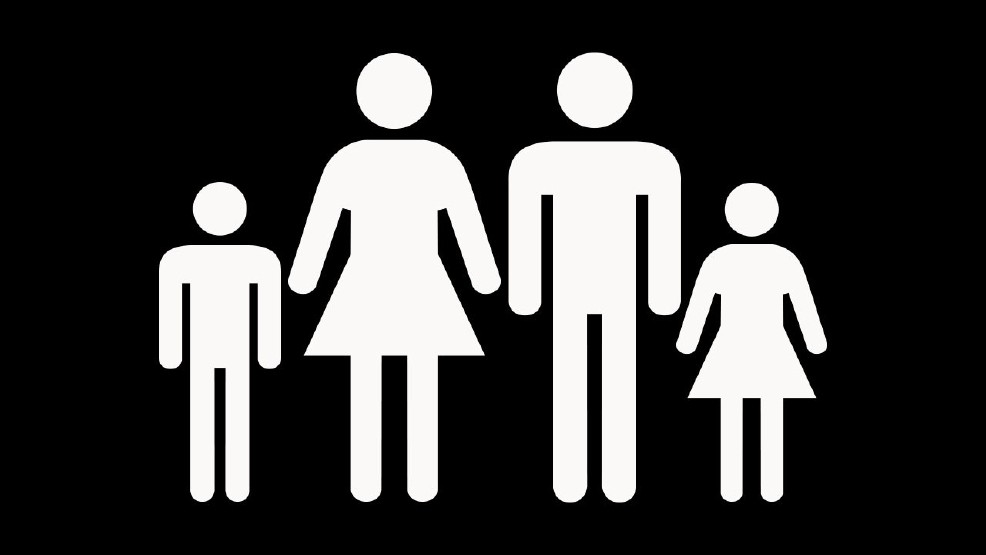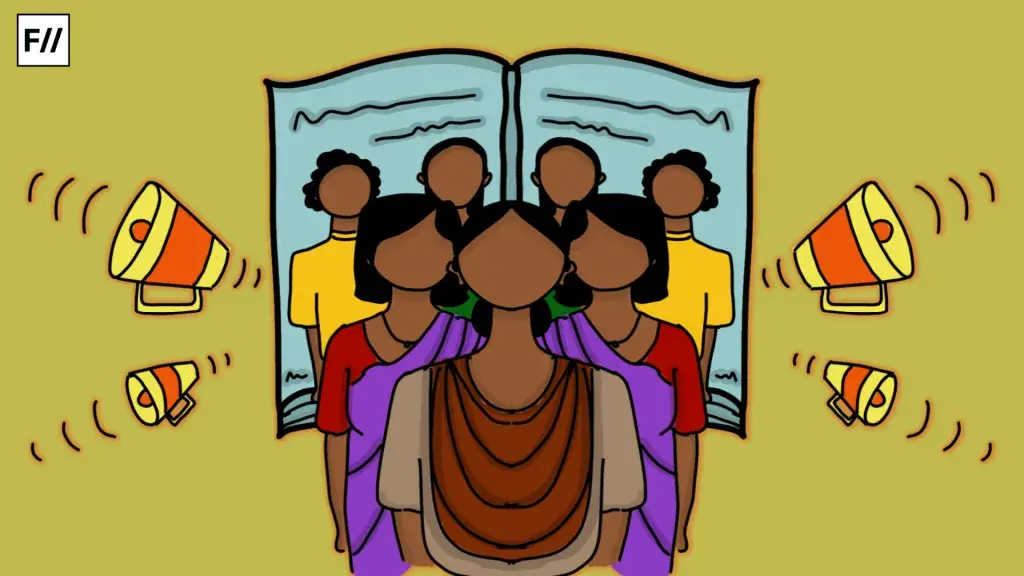Trigger Warning: Rape and child abuse
On Children’s Day, Kerala witnessed a historic order from the Ernakulam court on the Aluva rape and murder case. A special POSCO (Protection of Children from Sexual Offences) court in Kerala has awarded the death penalty to the culprit for the brutal rape and murder of a 5-year-old girl from Bihar in Aluva. The culprit had previously been convicted guilty for the same on 16 charges by the court during the month of July this year, following the accusation charges for kidnapping, raping, and murdering a 5-year-old minor.
The day also marked the 11th anniversary of POSCO act which came into existence on November 14, 2012.
The day also marked the 11th anniversary of POSCO act which came into existence on November 14, 2012. Exactly 110 days after the heartbreaking incident, the victim’s parents’ demand for capital punishment for the culprit was granted with the death sentence order.
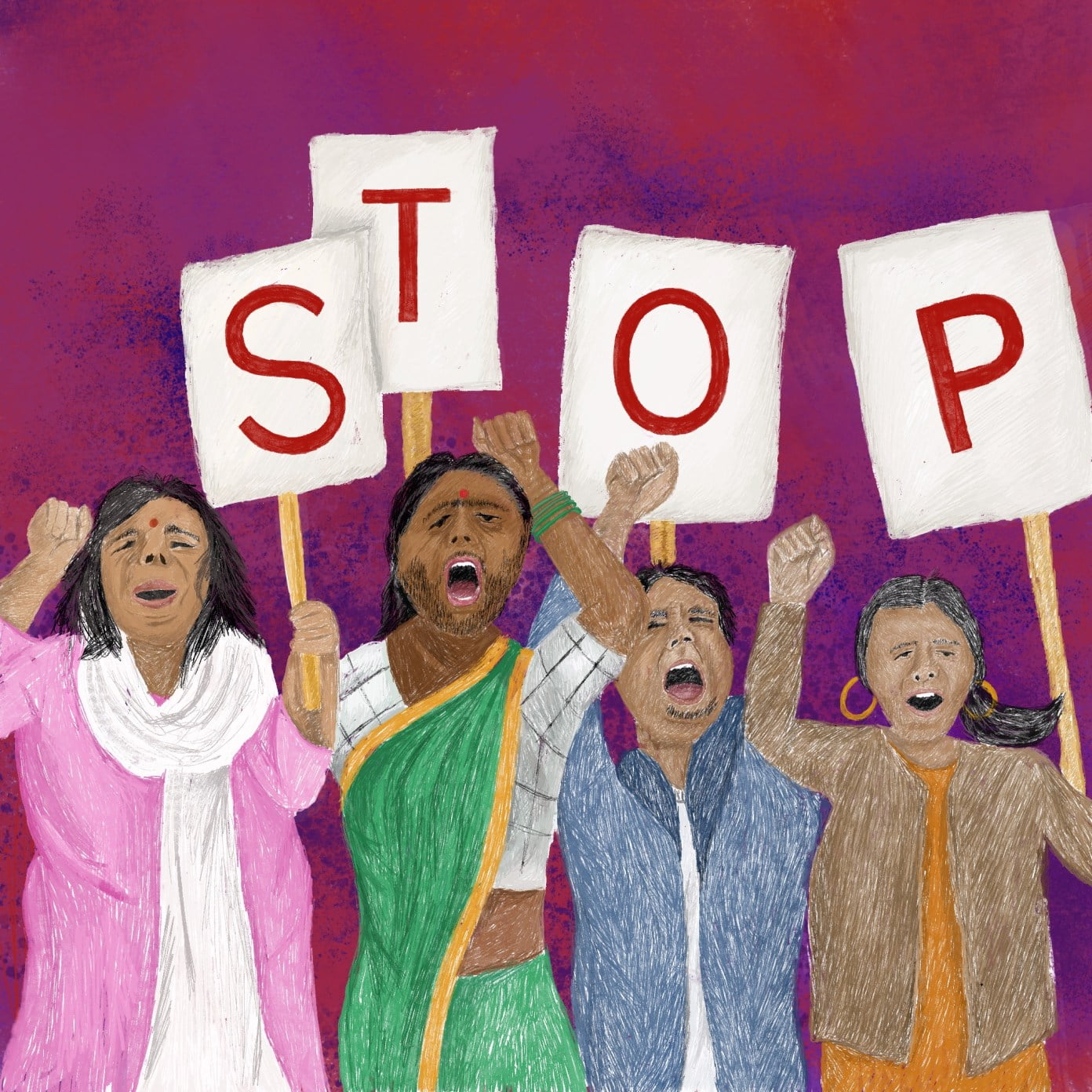
It was on July 28, this year, that the heinous crime that shook Kerala took place at Aluva, on the outskirts of Kochi. The victim, the daughter of a migrant worker couple from Bihar, was kidnapped by the perpetrator, who offered her candy. She was then brutally raped and murdered, and her body was dumped among garbage. The body was discovered the following day which led to an eurption of outrage in society through social media pages and other media, urging the court to take necessary actions against the culprit.
The perpetrator as been revealed to be a habitual offender and a paedophile by the police authorities. Steps were taken by the authorities to guarantee that the accused received the maximum sentence. Witnesses who observed the accused take the victim with him, the CCTV footage, the DNA of the accused taken from the victim’s body and material, and the victim’s garment recovered from the murder site all played important roles to identify the culprit in the case.
In the Walayar sisters’ death case, according to a report, even after half a decade, the Central Bureau of Investigation team are still re-investigating it.
In light of this verdict by the Kerala Court, many celebrate this as moment where justice was truly served, but one cannot ignore the many unveiled cases of sexual assaults of minors which are seeking for justice for years, now. In the Walayar sisters’ death case, according to a report, even after half a decade, the Central Bureau of Investigation team are still re-investigating it. It was back in the year 2017, when a special POCSO court in Kerala’s Palakkad district convicted three people charged with the rape of two minor Dalit sisters in Walayar, a region on the Kerala-Tamil Nadu border. The judgement on the case was in favour of the accused stating, the prosecution could not bring any strong evidence and even the doctor who did the postmortem of the children neglected the injuries favouring the accused. During that time, many fingers pointed at the political affiliations of the accused and how the party support allegedly interfered in the case, as per the reports.
The politics of death penalty and carceral feminism
A critical phrase for feminism that presents criminalisation as the solution to gendered and sexual violence is “carceral feminism”. It rarely addresses prevention in favour of penalty like “more severe and longer sentences” for criminals. Since this type of punishment in the legal system differs from the others due to the clear inherent irreversibility, the arguments on this have been ongoing debate.
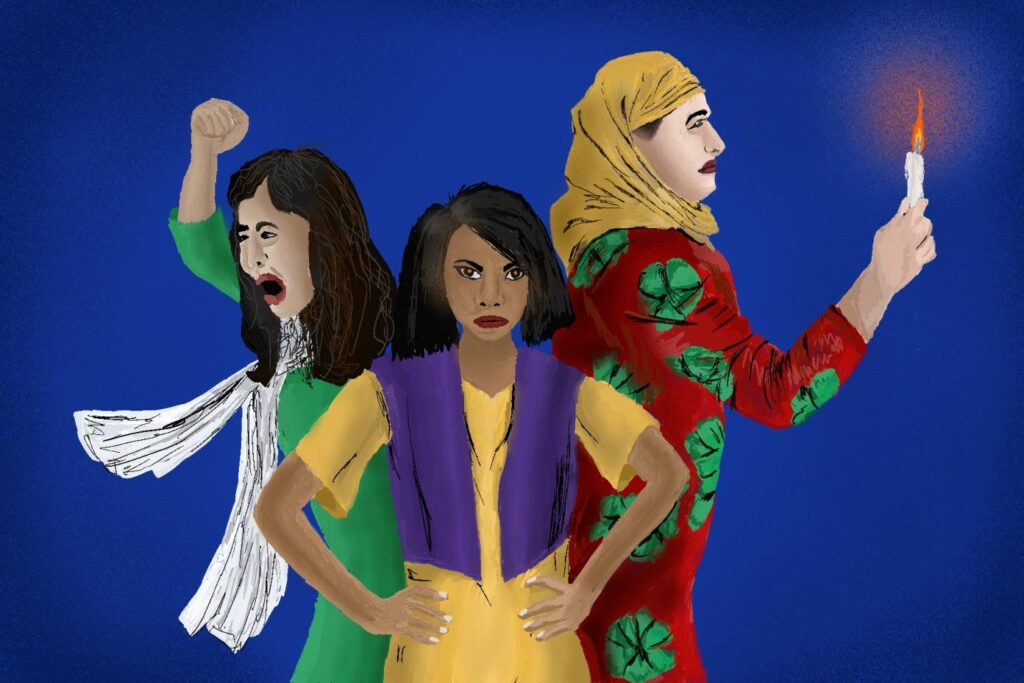
It is an undeniable fact that nothing in the Indian Constitution clearly declares capital punishment to be unconstitutional, with provisions implying that the constitutional structure supports the possibility of capital punishment. A parliamentary panel study released last week states that the planned Bharatiya Nyaya Sanhita (BNS) Bill, 2023, which aims to replace the Indian Penal Code of the British era, has raised the number of offenses that can result in the death sentence from 11 to 15, as per a report. This move comes at a point when there are 539 death row convicts, the most since 2016, the report further stated.
If one looks through a carceral feminist mindset – criminalisation.and increasing the prison punishment to the maximum extent is seen as the ultimate solution. This radical perspective might not see the fault in it. But what about the trans people, the sex workers, whose bodies are already policed and have a well-founded distrust of the police and prison system?
Does capital punishment eliminate the criminals and crime from the society?
Among the horrific crimes against women that happened and shocked the entire nation, were the rape cases of Mathura, Nirbhaya, and Kathua. As a result of these incidents, the Criminal Law (Amendment) Acts of 1983, 2013, and 2018 were passed, making changes to the legislation pertaining to crimes against women in our nation.
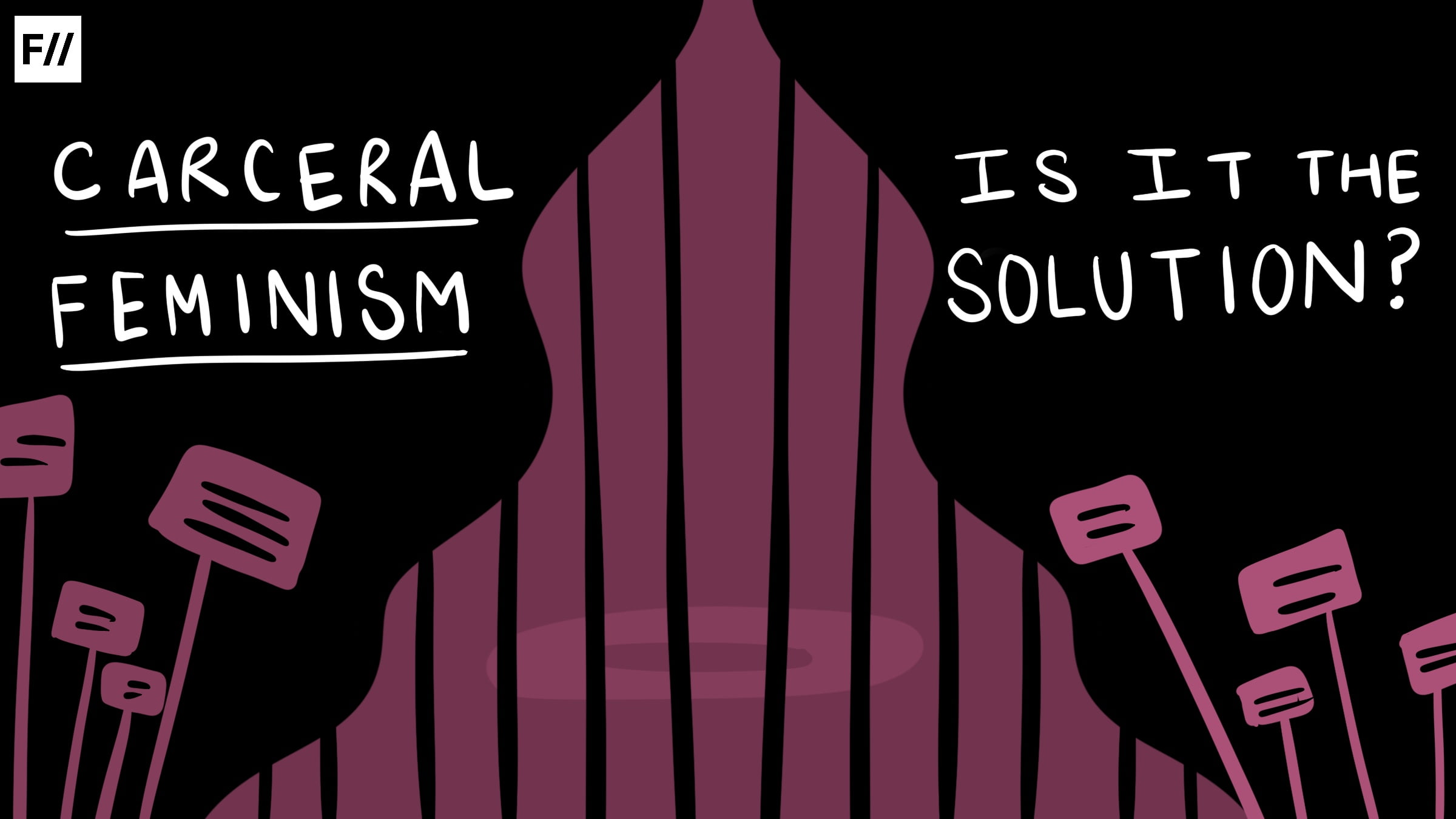
Reports of serious sexual offenses frequently fuel a debate over the death sentence. Following many trials, it was determined in India to execute those found guilty of rape and murder, with many of the victims being minors. The accused’s actions were described as ‘most brutal and inhumane which is beyond description’ and the punishment was generally justified by stating that it was the “rarest of the rare cases.” The death sentence, for many is a fast and prevalent response to sexual offenses as per many reports. Howeve, child rights advocates even argue that the recent introduction of the death penalty for non-homicidal rape may incite rapists to kill their victims to destroy testimony proof.
But when one asks if these efforts to expand the state’s authority to punish has resulted in a dip in the number of incarceration cases, it should be acknowledged that unfortunately it did not succeed in building a society that is safer and more just for victims of sexual assault. Nevertheless, activists are fighting daily to seek justice. Justice is the least the victim can get from the society and the legal system at a time where political, power and other inclinations come in the way of investigation and judgment. Sexual abuse has a lifetime impact on the survivors. Especially child sexual abuse can escalate as one grows up affecting all realms of life, it takes a continuing toll on both the physical and mental health of a person well into adulthood.
An alarming statistic report by India Today reveals that, In India, one in every two children has endured sexual abuse before turning 18, predominantly at the hands of family members or individuals known to them
An alarming statistic report by India Today reveals that, In India, one in every two children has endured sexual abuse before turning 18, predominantly at the hands of family members or individuals known to them. Furthermore, a punishment as severe as the death penalty, can lead to fewer child sexual offense reports, as most of these crimes are perpetrated by someone the child knows.
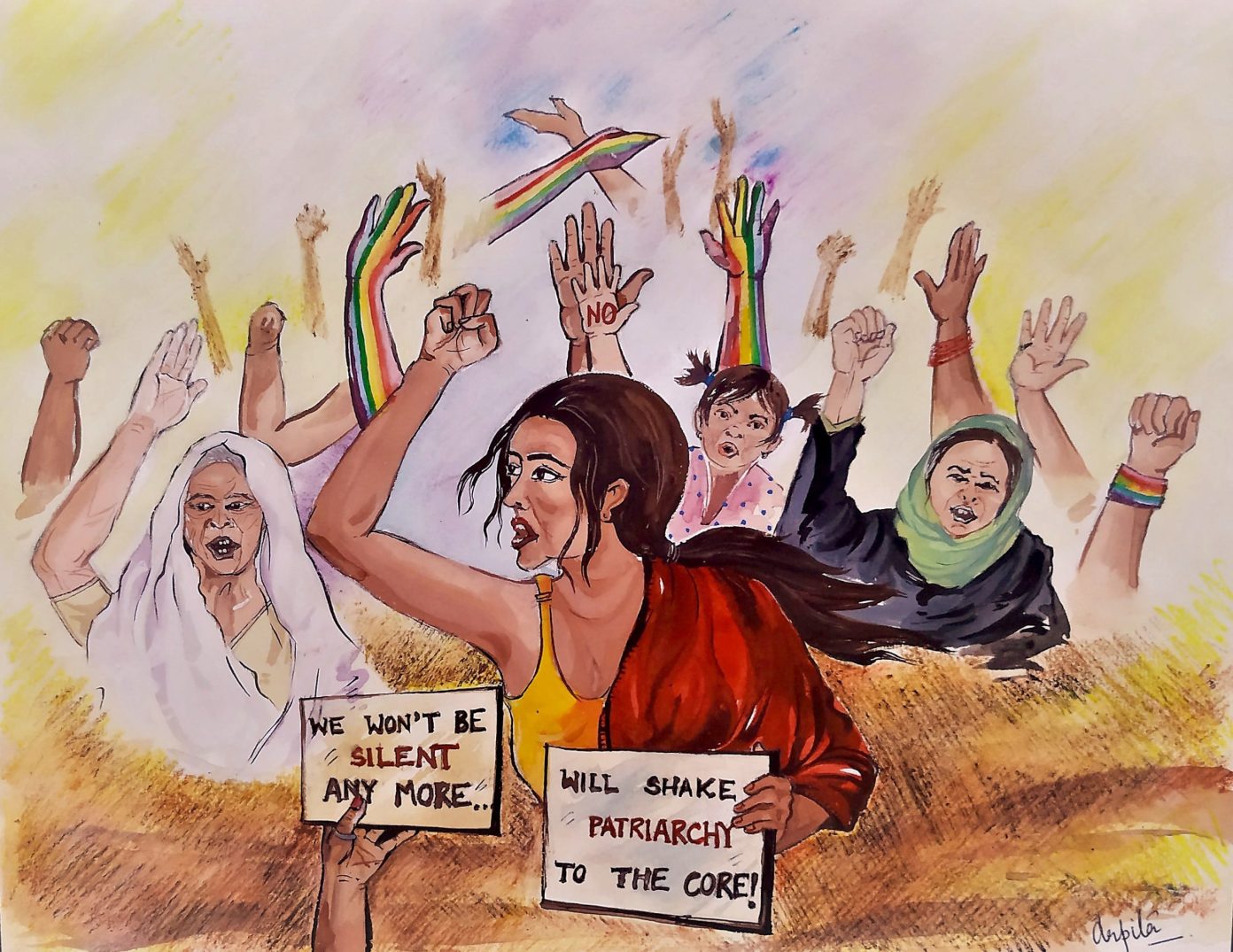
Support from the people and community as a whole is needed for the survivor and the family to seek justice and heal. Children need to be heard, and these kinds of crimes should be eliminated.
But judgements like the one by the Kerala High Court, especially within approximately 100 days of reporting, and taking actions against the culprit gives us hope for our legal system. Justice should be equal for all irrespective of the accused or the culprit’s political or societal background. It is the system’s responsibility to safeguard the citizens, especially children.
Collectively as a society, especially with the help of the authorities who are in power, the fight to be aware, educated, and to battle every injustice should be more focussed on preventive measures rather than reparative measures, as we dream of a day where no channels no newspapers are filled with cases of horrendous sexual assaults, a day without any unreported assault cases and a better future for every child to live freely and fearlessly.
